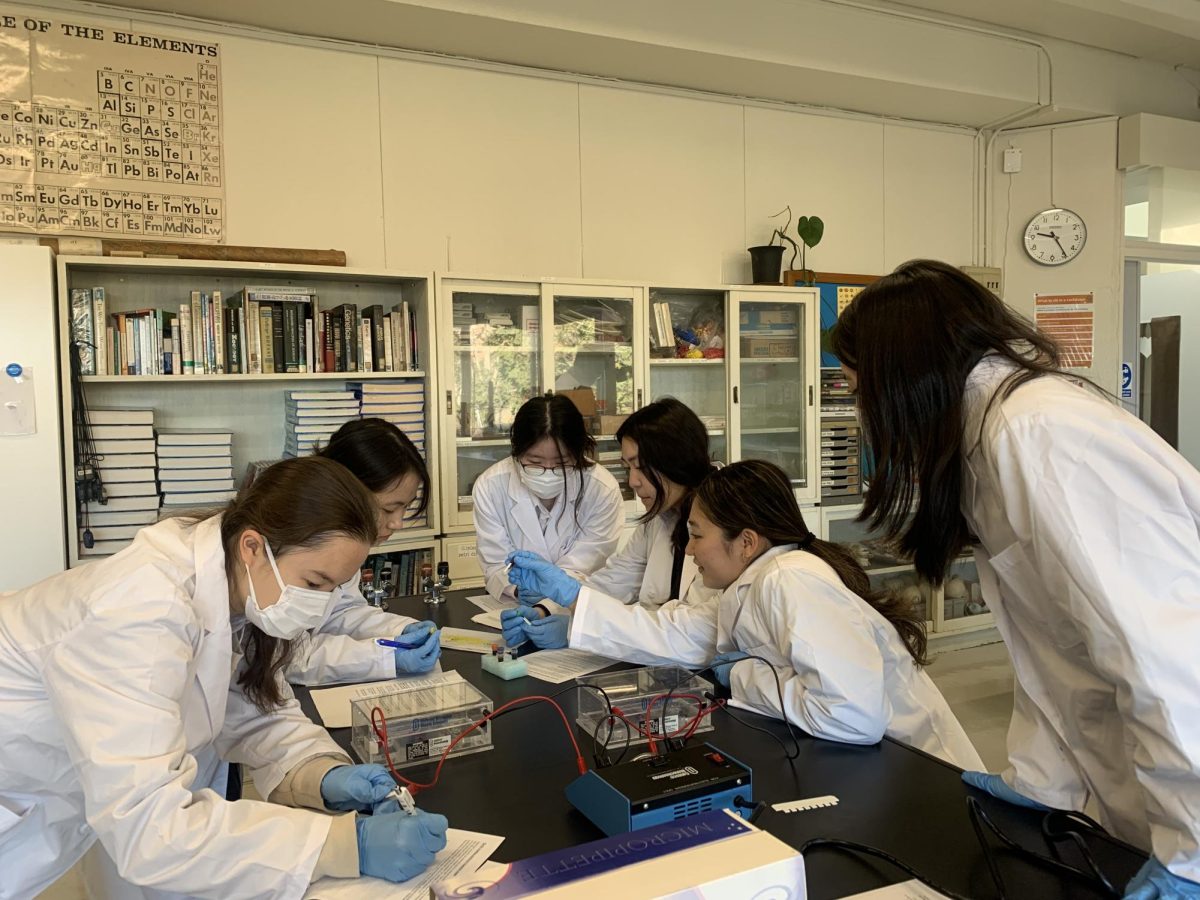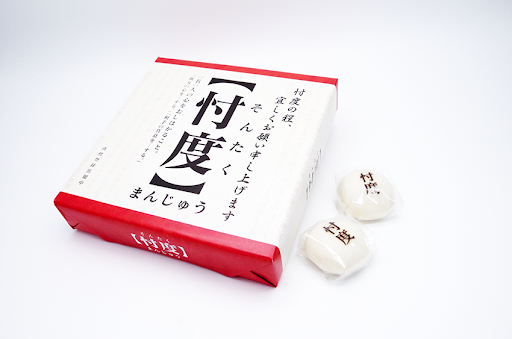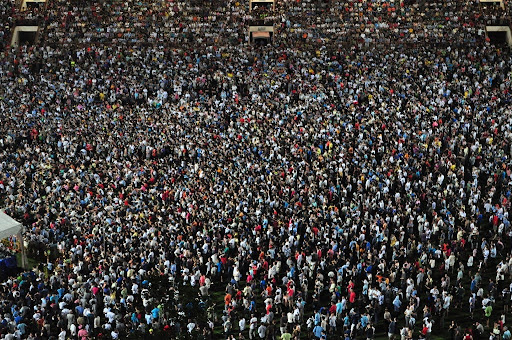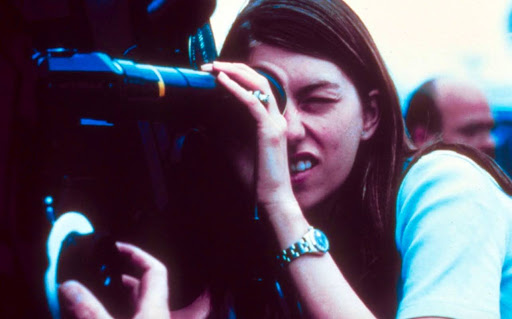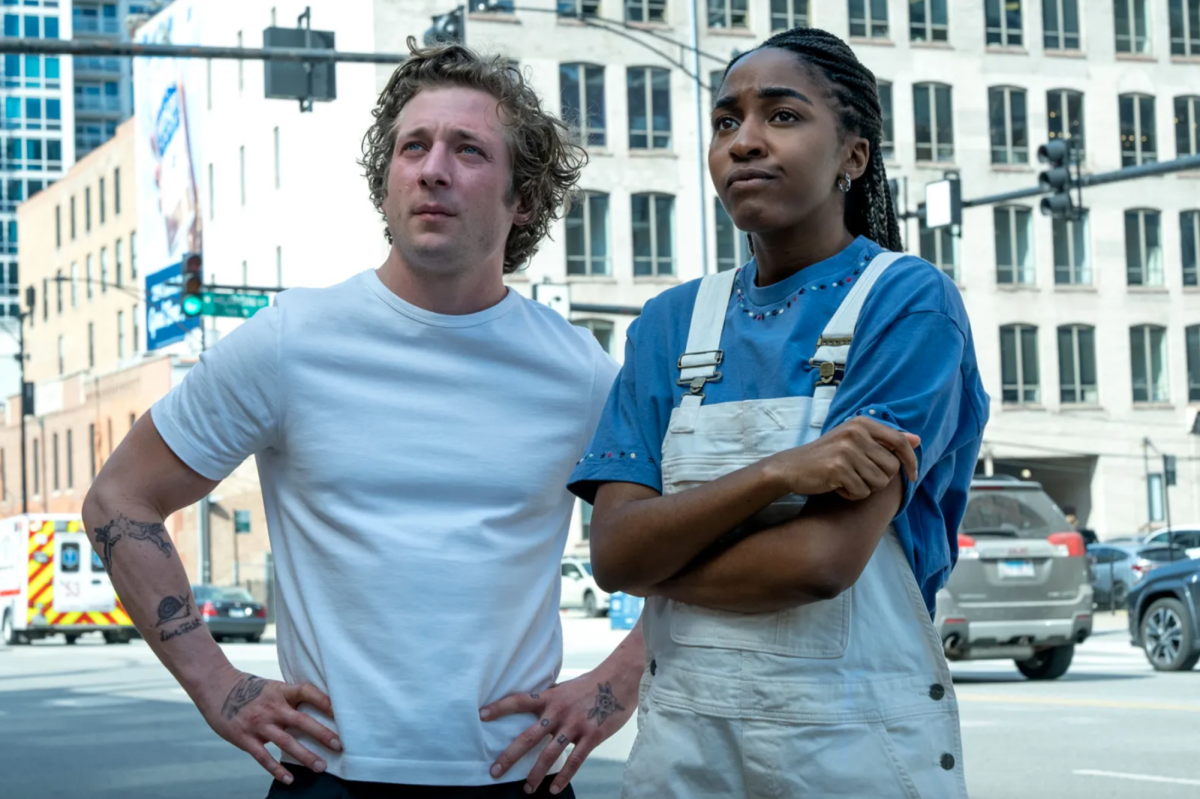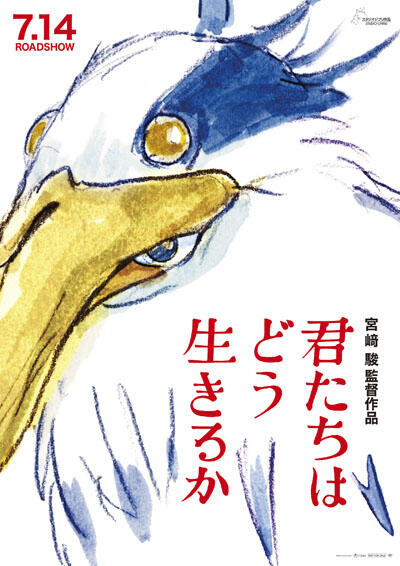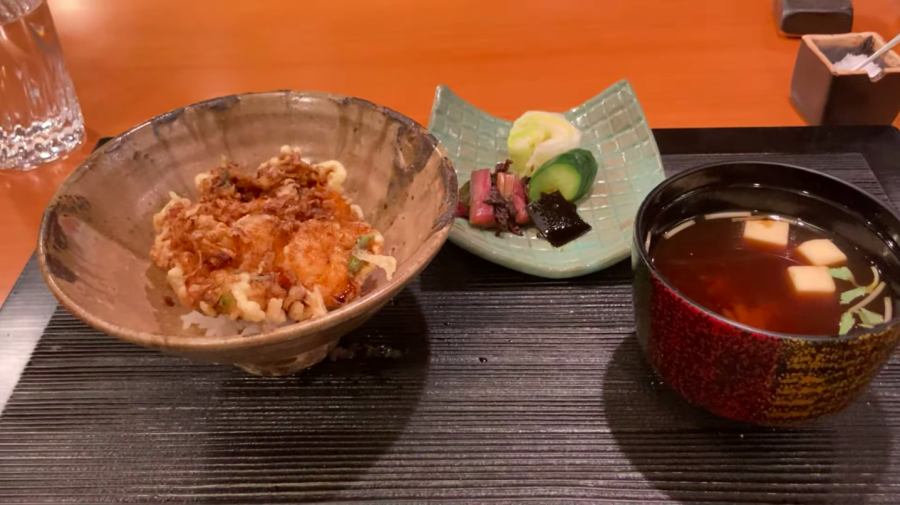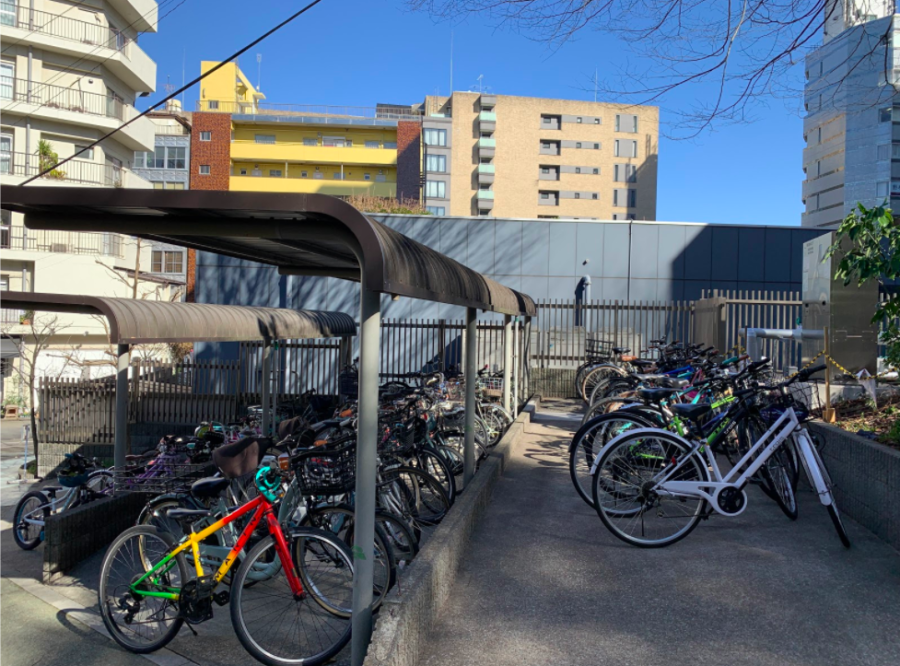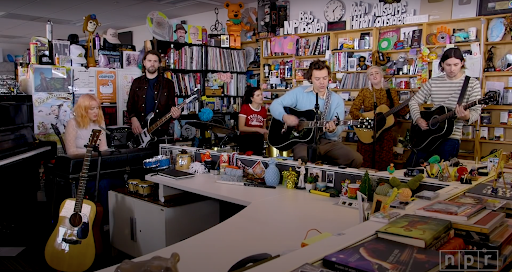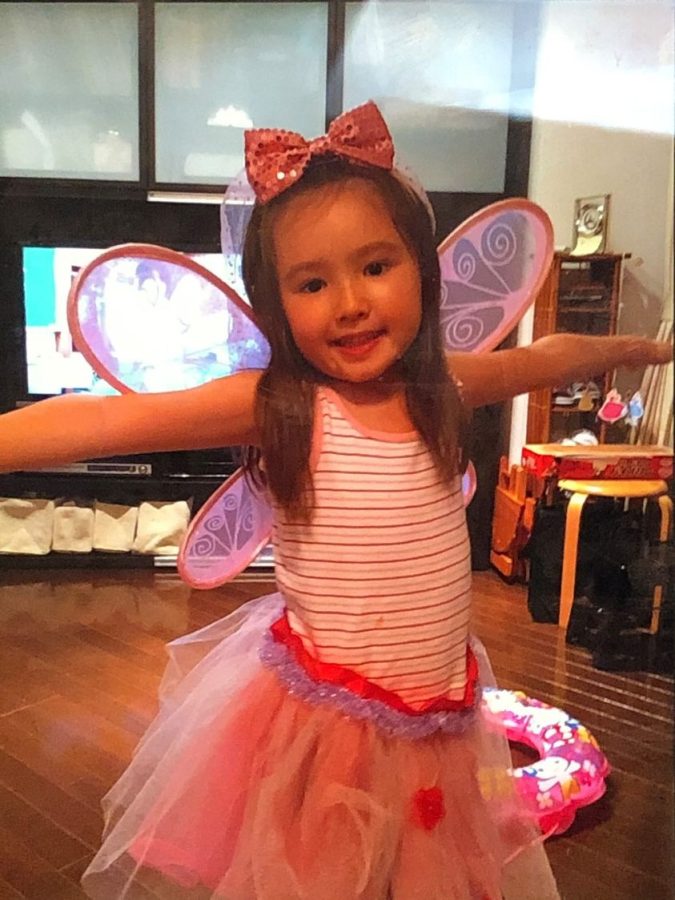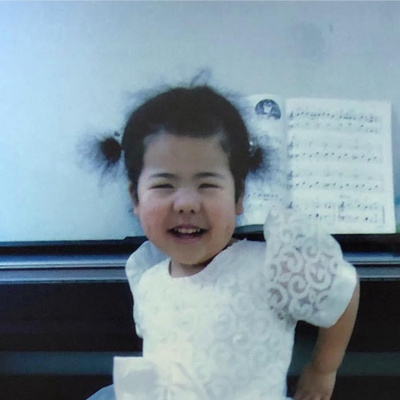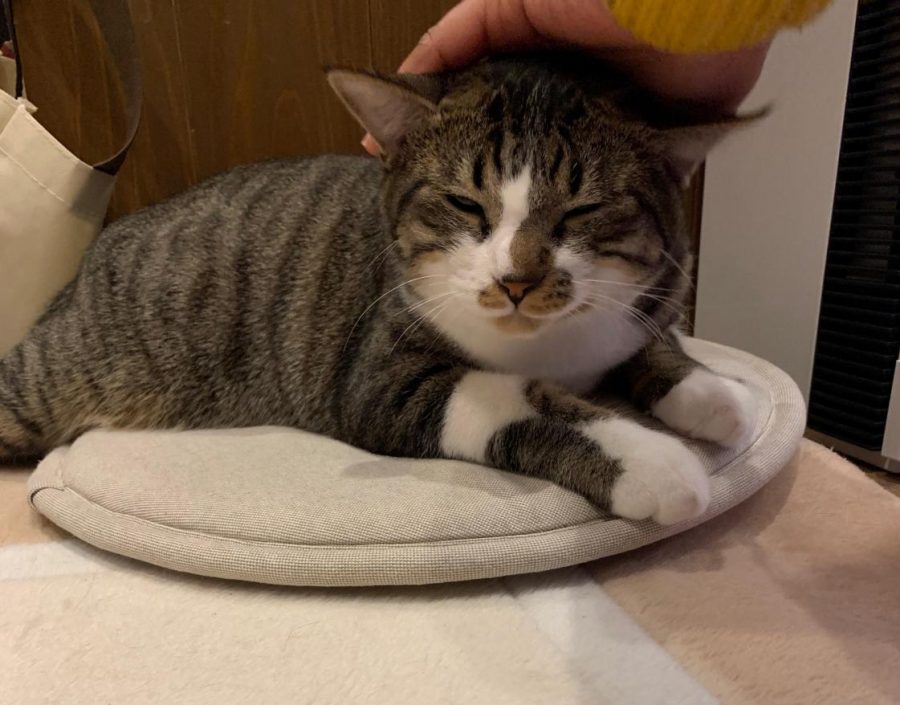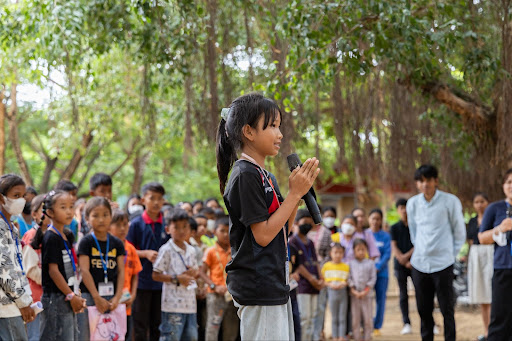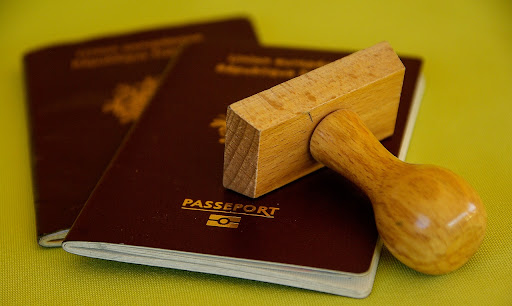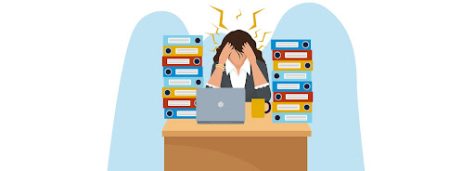The ethics of animal cafes in Tokyo
On the streets of Tokyo, one can expect to come across animal cafes in abundance from owls and penguins to cats and dogs. Popular with tourists, these cafes have also been seen popping up in other countries such as the US, Italy, South Korea, and Russia (among many others).
Especially in Tokyo, where pets aren’t often allowed in apartments and people are occupied with the demanding work culture, animal cafes give people the opportunity to interact with animals without the responsibilities of pet ownership. It could even be said that cafes bringing “the wild” closer to home is a step in the right direction for animal welfare in Japan. In rabbit cafes, for example, people are not only given the opportunity to pet rabbits, but are also given the opportunity to learn about and become more sympathetic to their needs. However, some animal rights groups argue that these animals aren’t being helped, but exploited, neglected, and abused under the pretext of education.
However, animal cafes as a concept isn’t either good or bad. Whether an individual animal cafe is ethical or not depends on a multitude of factors. The clearest factor in determining whether a cafe is ethical or not is to see what animals are being featured.

Two owls tethered to a bar at an owl cafe in Ikebukuro.
In the case of unusual animals such as snakes, the conclusion is easy to make. Cats and dogs are domesticated animals that tend to be more social, so a cafe in which their wellbeing is placed above the cafe’s profit could conceivably be a good environment for them. On the other hand, for wild animals, such as penguins and rabbits, it is important to note that they are in fact wild and therefore cannot thrive in the limited space that cafes provide.
A notorious example of this is the owl cafes in which the nocturnal birds are exposed to bright lights, touchy hands and loud sounds within the business-happy hours of noon until about nine p.m., when they are tethered to a bar crowded with many more birds.
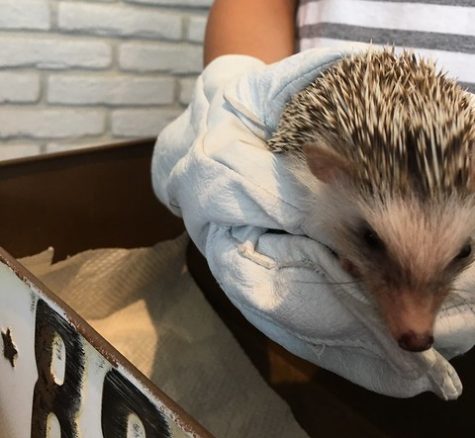
Hedgehog held by customer at Tokyo’s Harry Hedgehog Cafe.
Hedgehog cafes are another example — according to wildlife biologist DJ Schubert in an article by The Dodo, “Hedgehogs are nocturnal, but even if they weren’t, the fact that they just allow people to handle and touch and harass these animals is completely inappropriate. Some hedgehogs might acclimate to being handled, but they are, by nature and instinct, wild animals.”
Dogs and cats, on the other hand, as they are bred for human companionship, could have a place in cafes if they are the priority — especially in a country such as Japan, in which adoption isn’t a standard and the consequence of being “left over” is euthanization, with 200,000 dogs and cats gassed each year according to the Japan Times. Not to say that all dogs and cats could find a home in that kind of setting. Dogs and cats, like humans, have their own personalities and a cafe may therefore not be a healthy home to all individuals.
Ultimately, the top priority for any animal-owner is the welfare of their animals. Animal cafes as a business provide a strange environment for cats and dogs, and therefore cafe owners have additional responsibilities that they need to uphold in order to protect them: such as making customers disinfect their hands and feet before meeting the cats, as rescue cat cafe Chiyoda Nyan To Naru Cafe does for their cats (which are all spayed, neutered, vaccinated, and dewormed).
Also, because the cafe environment forces animals to constantly be social with a revolving population of customers, if not taken care of, a lot of stress could build up in the animals. Veterinarian Naoko Kinoshita of PetLife Veterinary Clinic says that cats will “be very aggressive if they’re put under too much stress. They’ll hiss a lot. They will be breathing faster. They just won’t be in a good mood.” Dogs on the other hand, even when placed in such abusive situations, would still “try to please the human no matter how stressed they are. So it’s a bit harder to tell. But their breathing is always a sign, because dogs that are stressed will tremble — they will shake — and also they will pant a lot. So that is a sign of an animal that is really stressed.” As a result of stress, both dogs and cats become more susceptible to diseases and other disorders. Cats especially, since “their internal organs are actually really susceptible to stress… So any kind of disease can be caused by it. Especially hormone-related diseases, and hormonal-related diseases can lead to any kind of organ failure. They will stop eating, they will become really skinny and dehydrated. All kinds of things can happen under a lot of stress,” according to Naoko Kinoshita.
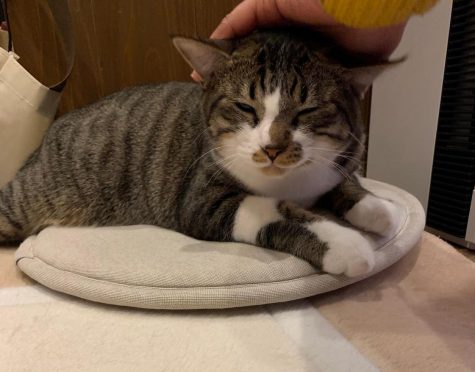
A cat interacting with a customer at rescue cat cafe, Chiyoda Nyan To Naru Cafe.
It takes a lot of attention to detail, as well as a lot of money to take care of animals. In Japan, it is easier for cafe owners to cut corners on animal care than it might be in other countries where animal rights are more of an established concept. Not to mention that as animal cafes are relatively new phenomena in Japan, strict conduct guidelines have not yet been established, compared to other animal-related businesses such as pet shops. According to founder of ARK (Animal Rescue Kansai) Elizabeth Oliver, even “In the case of pet shops, you get maybe a hundred thirty phone calls and the authorities just go once or twice, and nothing happens… Even if you’ve got a law, to enforce the law is quite different.”
Animal cafes are not only moral controversies in themselves, but they also raise questions that relate to a larger picture of animal rights in Japan and on views on animal welfare in general. For example, there is a tendency for some to view animals more like “little objects” or just sources of entertainment. Animals such as cats or dogs sometimes aren’t seen as life companions, but as toys bought on a whim, then sent to a shelter a few days later because the buyers hadn’t fully grasped the responsibility of pet ownership. In the case of animal cafes and other animal rights issues, it is critical to change these kinds of views in the public first in order to make a difference.
For causes such as animal welfare, public pressure is a driving force for change. Cat Cafe Mocha, for example, was forced to shut down within a month of opening in July 2018 because of public backlash against the cafe’s alleged negligence. According to a report by the Japan Times, a feline parvovirus outbreak which killed up to five cats hadn’t been properly addressed by management until the news was leaked onto social media by an anonymous source. Thus, through public pressure, animals can be protected, perhaps even more so than from only government laws or regulations. In relation to pet shops, for instance, founder of Animal Rescue Kansai Jane Oliver explains: “In Britain for example, maybe thirty or forty years ago, we could go to a pet shop to buy a dog or a cat, and now people don’t go. It’s not a law, but just people who know that the puppy has come from puppy mills and so on… It’s public pressure which is important.”
One way to create public pressure about animal cafes is by informing the public how negligent they can be, such as by talking about animal cafes with friends and family, or by (after visiting one) writing reviews of them on sites such as TripAdvisor or Google Reviews to highlight their ethical questionability or favorability. Through such discussions and reviews, we can help make animal cafes such as the Harry Hedgehog Cafe and Cat Cafe Mocha become less prevalent, and establishments such as Chiyoda Nyan To Naru Cafe become more prevalent on our streets of Tokyo.



